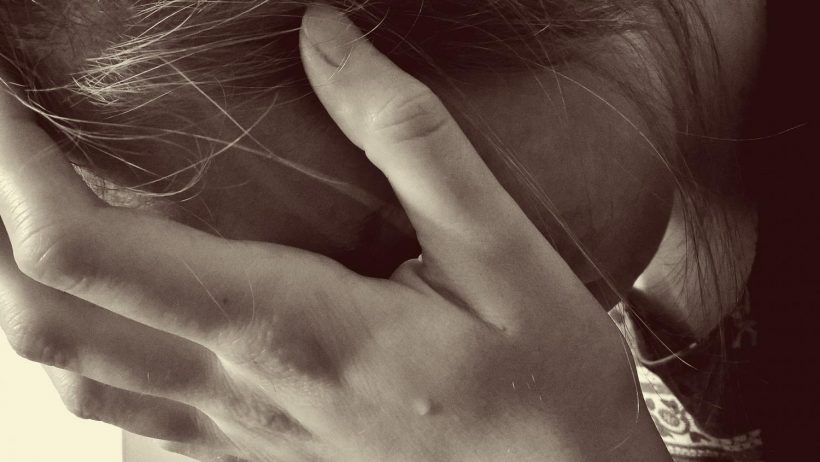
A history of incarceration may increase suicide attempts, particularly for women who were incarcerated at a young age, a University at Albany School of Public Health study finds.
Led by Ph.D. student Maggie Smith and published in Community Mental Health Journal, it is one of the first population-based studies to examine the relationship between a history of suicide attempt, age of incarceration and sex.
The study notes that suicide was the 10th leading cause of death in the United States in 2019, and prior research shows the rate among those with a history of incarceration is significantly elevated in the first year after release. This may be explained both by an increased prevalence of mental health and substance abuse issues compared to the non-incarcerated population and a lack of access to medical and mental health while incarcerated. Newly released people often have difficulty accessing care because of a lack of employment and insurance.
“Much research focuses on current incarceration and those who have been released within a year,” said Smith, who is working on her doctorate in Epidemiology. “But life continues on after they hit the one-year mark, and we need to better understand the possible long-term implications of mass incarceration and how we can reduce suicide attempts.”
Smith worked with Tomoko Udo, associate professor in Health Policy, Management and Behavior, to estimate the lifetime prevalence of suicide attempts based on age of incarceration and to break down the results by sex. Data was pulled from the National Survey of Alcohol and Related Conditions III, in which 36,309 adults in the United States completed a computer-assisted face-to-face interview.
Those who had a history of incarceration had a higher likelihood of committing suicide in their lifetimes compared to those who had not been incarcerated, with an even higher likelihood for those who had a juvenile incarceration history. Although women typically reported shorter durations of incarceration than men, the highest likelihood of a suicide attempt was found in women with juvenile incarceration history. In addition, women who were incarcerated as juveniles were more likely to meet a diagnosis for at least one psychiatric disorder and to report adverse childhood experiences.
Source: Read Full Article
